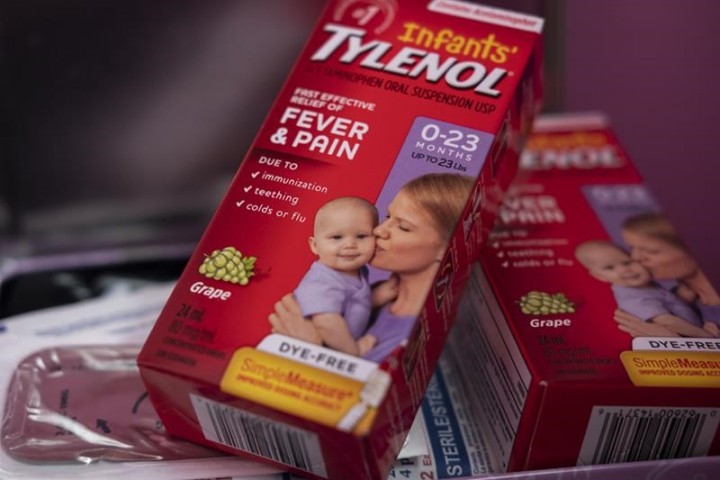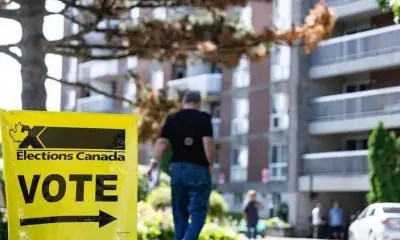OTTAWA — Federal Health Minister Jean-Yves Duclos says the previously announced one million units of imported kids’ pain relievers are starting to arrive on pharmacy shelves, while an additional 500,000 units have been ordered and are expected over the next few weeks.
A separate shipment of kids’ pain relievers from Australia are headed for hospitals and domestic production has ramped up, Duclos said at a news conference Friday morning.
Parents across Canada have been scrambling to manage their children’s fever and pain as rates of respiratory syncytial virus (RSV) and influenza skyrocket amid a dire shortage of pediatric acetaminophen and ibuprofen.
Last week, Health Canada said the one million imported units will be almost identical to the medications that are authorized in this country, typically known by the brand names Tylenol and Advil.
“In some places, the shelves already show those units received. In other places it might take an additional day or so,” Duclos said.
“We expect that in the next week the availability of those doses will be quite clear in shelves across community pharmacies across the country.”
The Canadian Pharmacists Association confirmed to The Canadian Press shipments have started to arrive, and it expects products will be seen on store shelves over the next few days and into next week.
“We’re hopeful that this will start to bring some relief to parents and caregivers and help address our immediate needs,” said Danielle Paes, the association’s chief pharmacist officer, in a statement.
The emergency imports of medication spread across Canada are not enough to fix the shortage, pharmacists noted, so it’s important to avoid stockpiling.
“Most of the pharmacies are doing purchase limits, one quantity per person, keeping it behind the counter, telling people to buy only what they need,” said Shelita Dattani, vice-president of pharmacy affairs for the Neighbourhood Pharmacy Association of Canada.
Duclos said that in addition to the emergency imports, domestic production is increasing to meet demand, noting more than 1.1 million units of children’s Advil products have been made by producer Haleon in November alone for the Canadian market.
Those units are going to hospitals first, then community pharmacies later, Dattani said.
Dr. Theresa Tam, Canada’s chief public health officer, said that COVID-19, RSV and influenza are continuing to co-circulate at high levels.
While RSV activity seems to have levelled off, Tam said she expects it to remain elevated for weeks to come.
There’s a “steep rise” in influenza activity, affecting an unusually high number of children and teenagers, she said.
Pediatric hospitals across Canada are reporting a “sharp increase” in flu-related hospitalizations among kids 16 years of age and younger, Tam noted.
There is no vaccine for RSV, but Tam urged Canadians to get the flu shot and keep up-to-date on their COVID-19 vaccination, as well as take other infection control precautions such as staying home when sick, wearing masks and washing hands.
-By Nicole Ireland in Toronto
This report by The Canadian Press was first published on Nov. 25, 2022.
This story was produced with financial assistance from the Canadian Medical Association.
The Canadian Press
Related
































